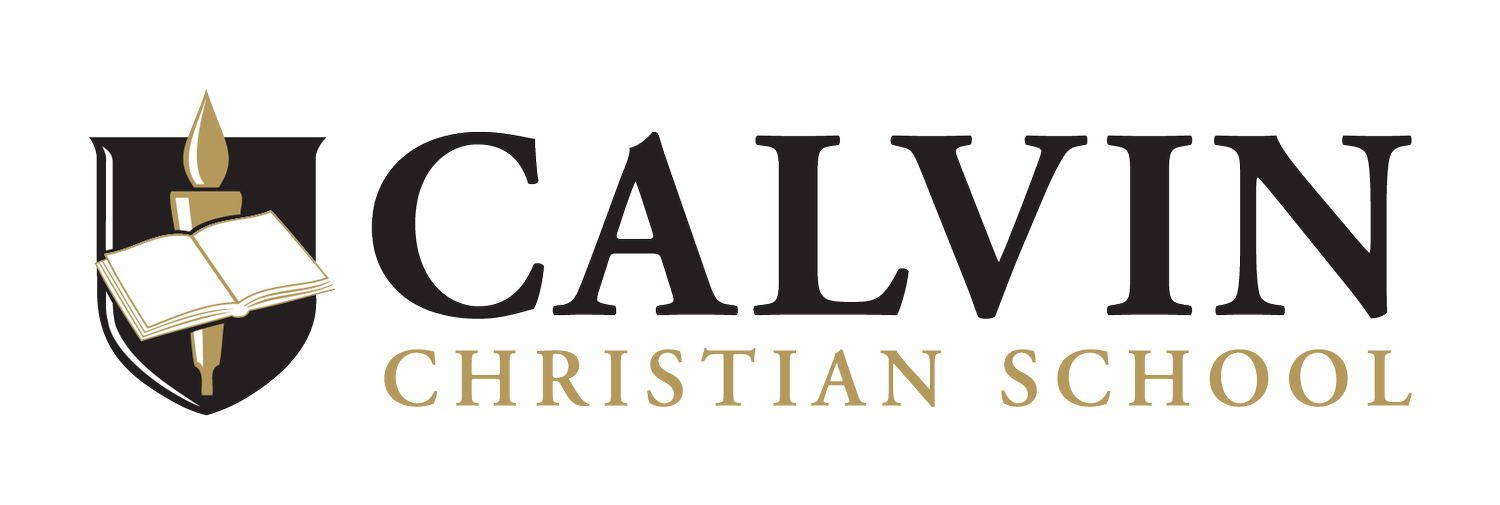Are you a feedback seeker or feedback avoider? Some folks are happy to give brutally honest feedback. Others shy away from giving feedback out of fear that it will be rejected.
Some people actively seek feedback from friends or colleagues. Some accept praise but reject other forms of feedback.
We live in a feedback-saturated culture in which we are constantly being asked to provide feedback on our experiences as consumers of products and users of services. Reality TV invites the viewer to provide feedback on the skill or performance of participants via voting systems. Millions of viewers tune in weekly to hear judges provide feedback to amateur chefs or novice dancers. Organisations use feedback data to publicise the high performance of their products or the success of their services. At Calvin we seek feedback from parents, students and teachers via our annual surveys.
“Receiving honest and helpful feedback can positively impact our learning, development and focus.”
The aim of feedback is to improve a performance, product or behaviour. As such, we are often happy to give feedback about our own experience for improvement to occur. Last year I sought feedback from my colleagues in order to gain greater insight into my leadership strengths and weaknesses, and I would like to think that this has led to improvement in my leadership ability.
Many of the apostle Paul’s letters to the early church were instructions based on the feedback he had received regarding the health and welfare of believers. There were times that the early church needed rebuke and guidance to keep them Christ focused. While it can leave us feeling a bit vulnerable and open to criticism, receiving honest and helpful feedback can positively impact our learning, development and focus.
Good quality feedback has been shown by John Hattie and other educational researchers to have a strong positive impact on student achievement. It can come in many different forms—verbal discussion, praise, peer feedback, assessment comments, grades—but the aim should always remain the same: to help students in their learning.
This week we launched SEQTA Engage to parents of students in Years 7 to 12. Through this program, we aim to provide more timely feedback to students via an online platform that gives greater visibility of course material and assignments to both parents and students.
Our hope is that this feedback will improve student learning and enhance the experience of being a student at Calvin. I expect some ‘teething problems’ as we begin this journey, but I look forward to stronger partnerships with families as we work together in the Christian education of children. If you have not yet received a welcome email inviting you to set up a SEQTA Engage account, please contact us.
Bonny Moroni – Head of Secondary

